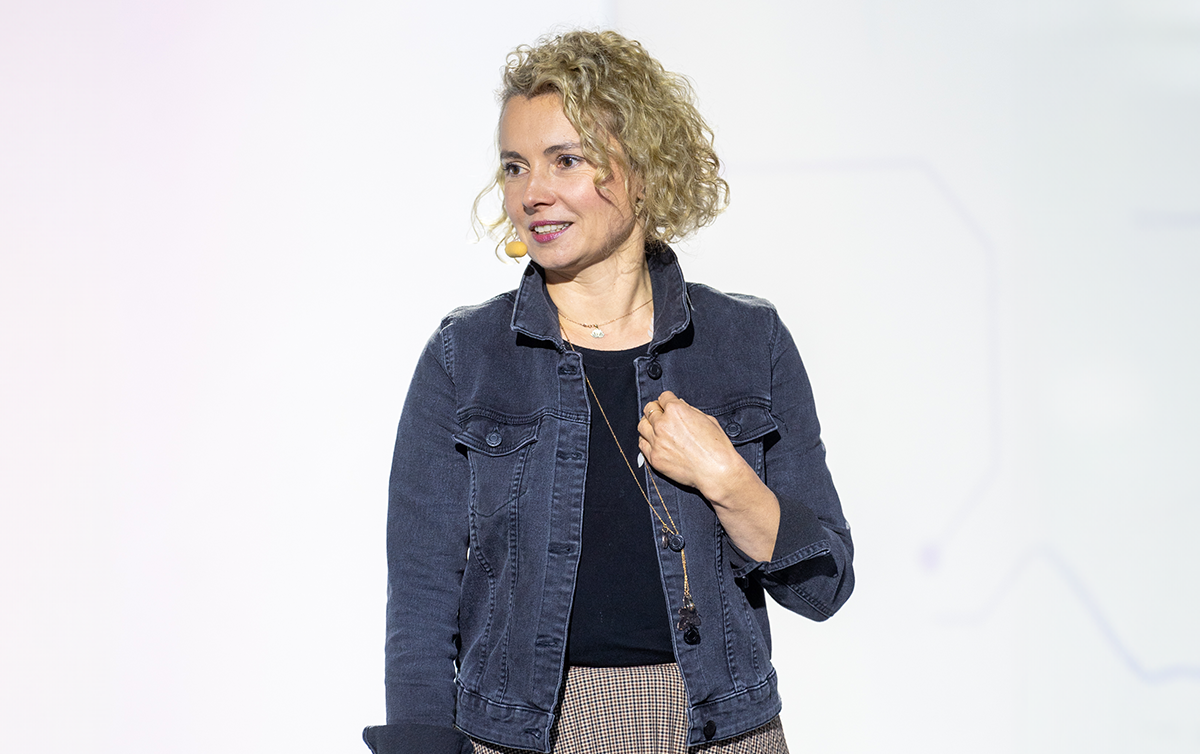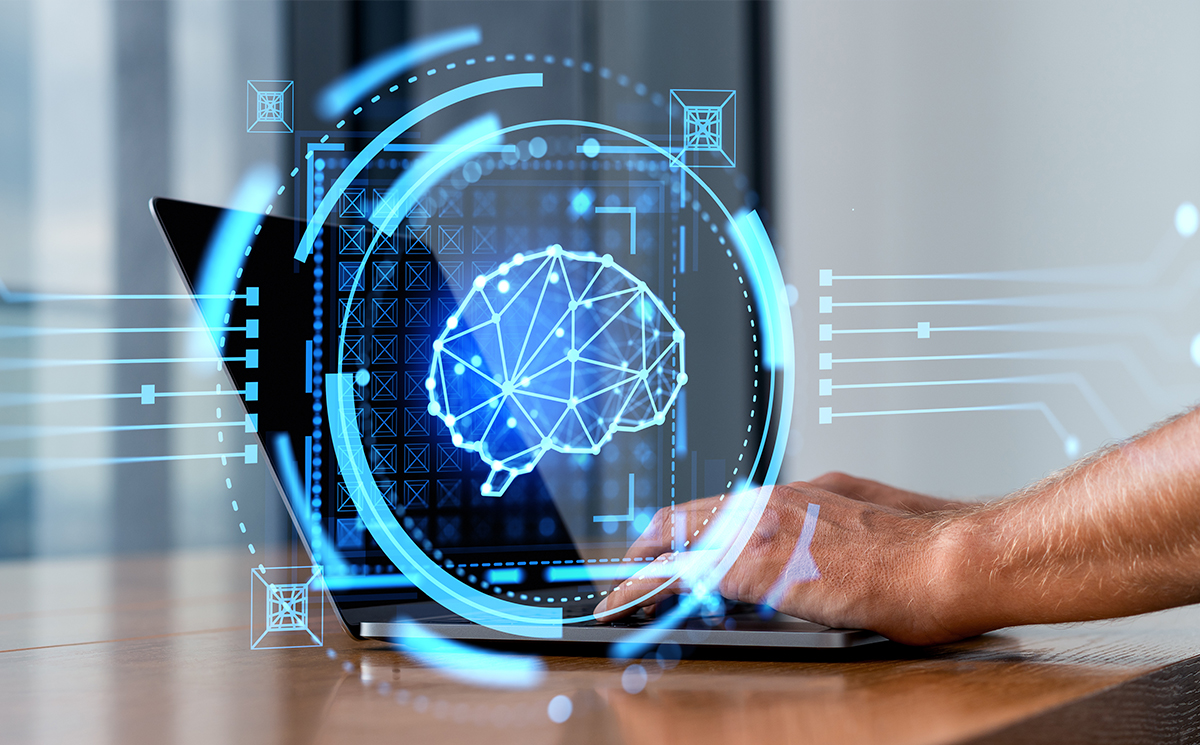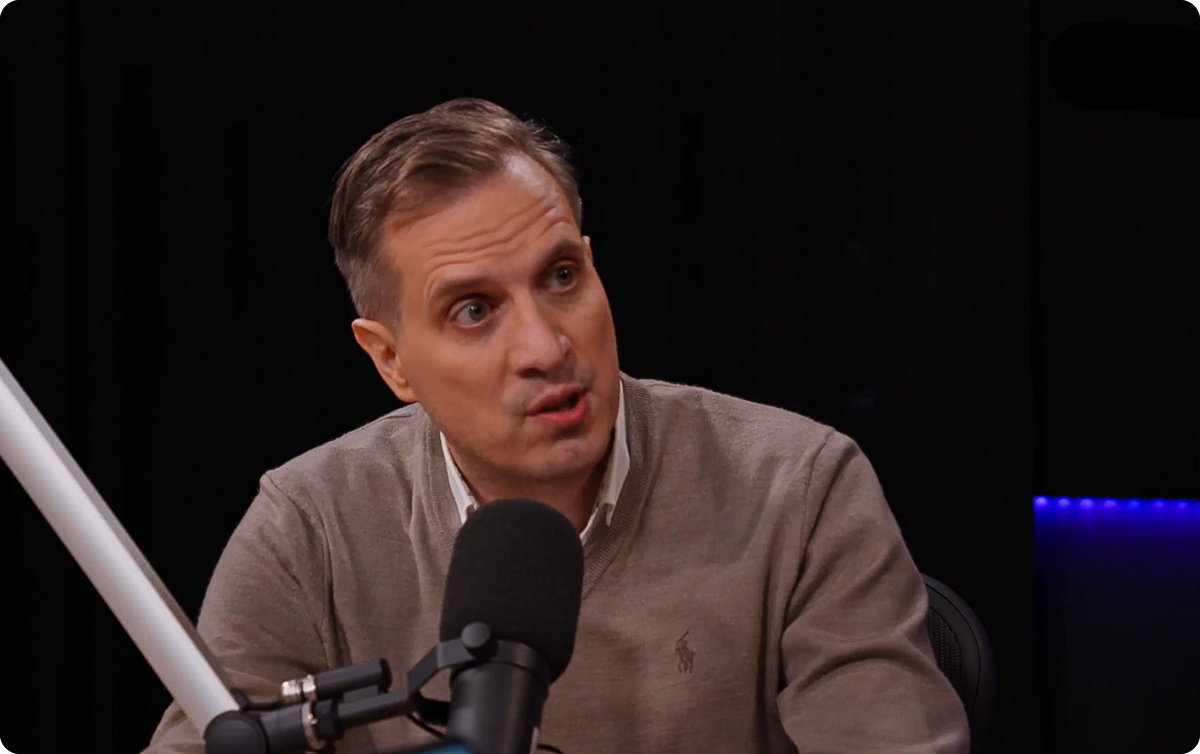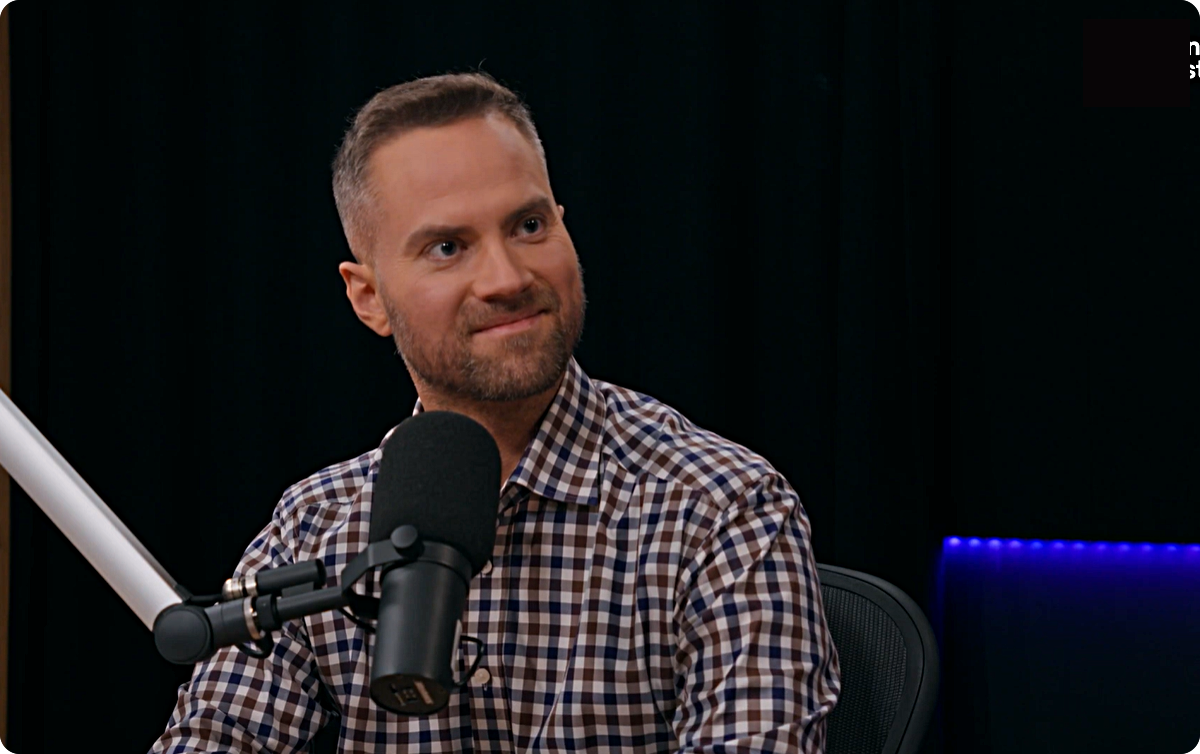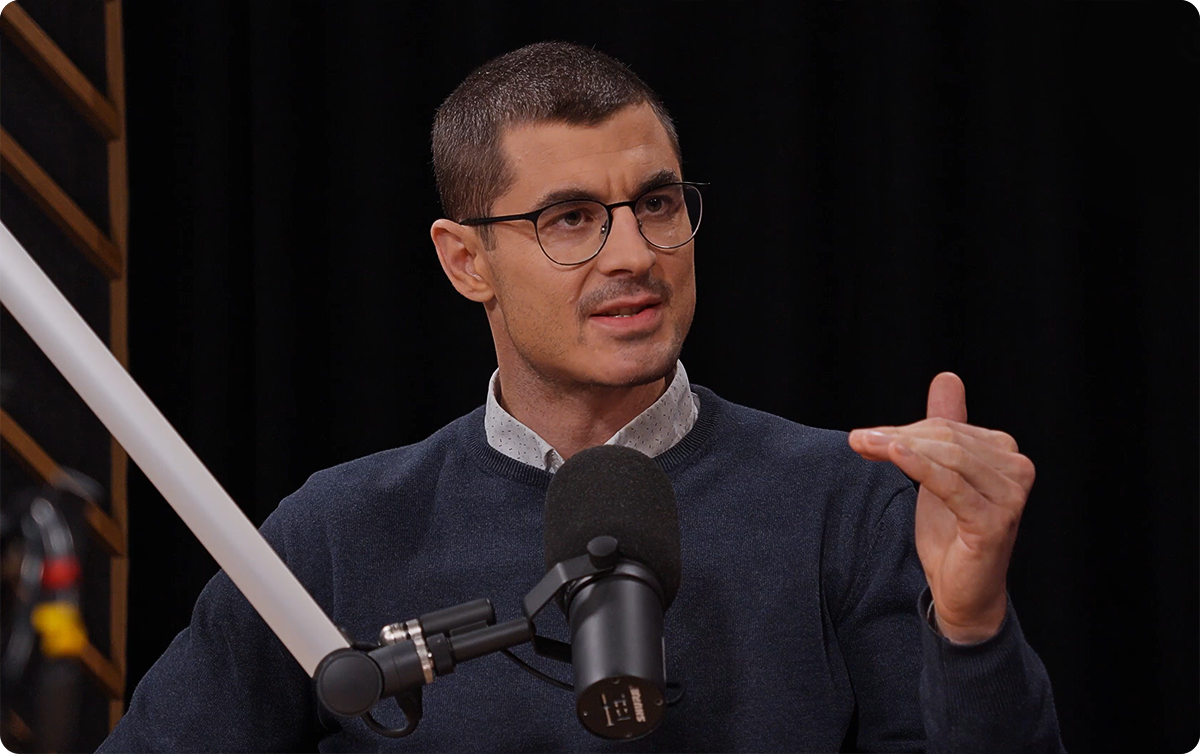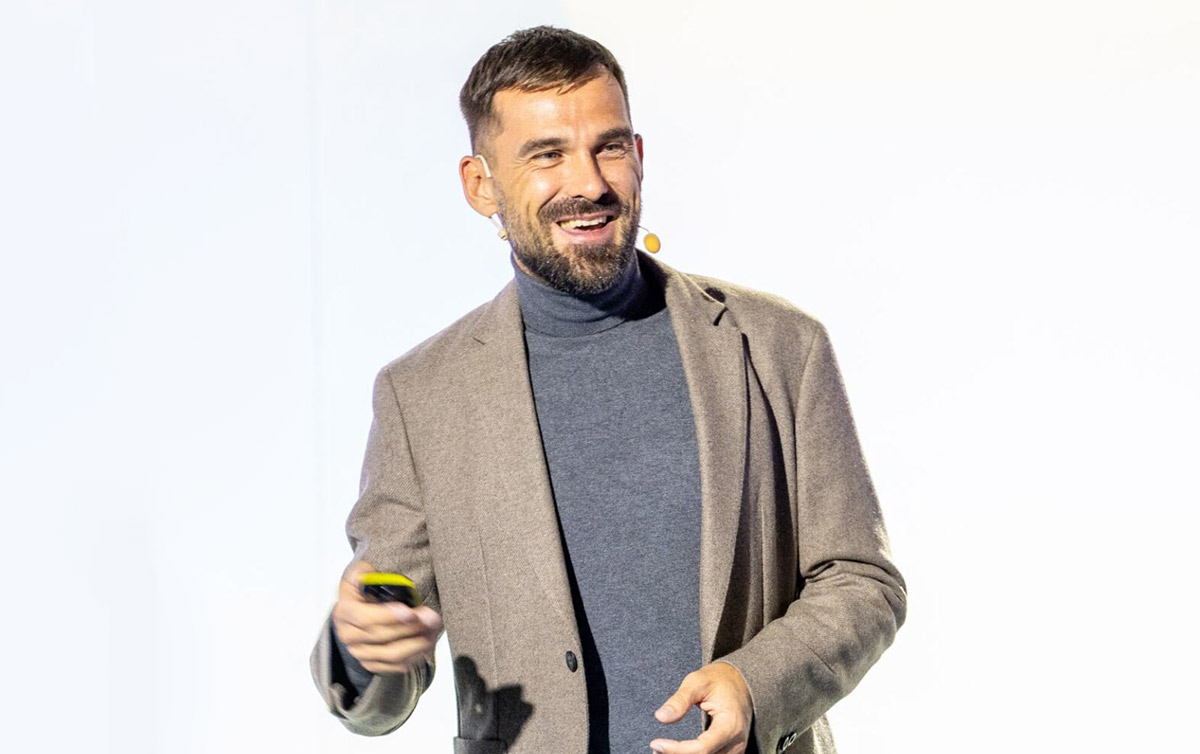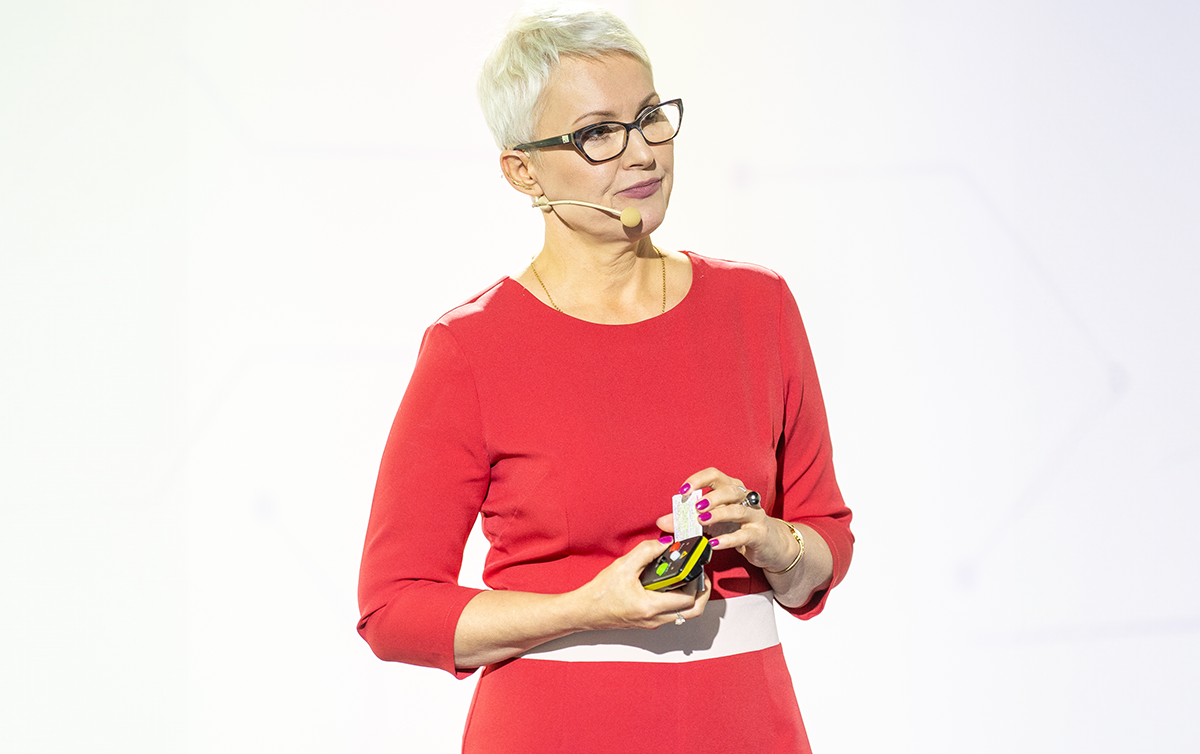The key to effectiveness of a company’s training is flexibility and individual approach. It is worth using these two methods, because training participants typically include people with different personality types. Looking at the results these methods produce, it is a step in the right direction,” says Ewa Hartman, PhD, coach, MBA lecturer and head of the Neuro-Leadership postgraduate programme at Lazarski University in Warsaw. However, the expert stresses that “learning is a huge challenge of civilisation”. “We find it increasingly difficult to concentrate, and it is concentration, and sleep, that are the fundamental conditions for acquiring knowledge,” she adds.
We are living in the era of the Fourth Industrial Revolution and the knowledge economy. We are also increasingly becoming an information society. Living in such a complex world generates many stressful situations. How big a role, then, does awareness of the importance of one’s own and others’ well-being play?
Ewa Hartman, PhD: I am very happy that well-being is finally starting to be talked about in earnest. Because awareness of well-being at the moment we are in is increasingly crucial. This issue is related, among other things, to the need to quickly acquire new knowledge, for which we need a regularly regenerating brain.
The brain is the “super-base” of well-being. For example, if a manager expects high intellectual performance from their team members, while at the same time failing to meet the need for regeneration and rest, he or she will not get the desired results. Well-being is necessary for brain hygiene, so that we can function, learn and grow.
What can we do at the individual level to learn more effectively?
You just need to get enough sleep! This is because memorisation of the various content we learn during the day takes place at night, during the deep sleep phase. So, if you want to remember something faster, you need to get enough sleep and take care of its quality. This need should never be downplayed.
A study was once conducted on mice, which were divided into two groups. Animals in the first group were allowed to sleep, whereas those in the second group were not. The researchers wanted to see how quickly the mice in both groups would figure out the path through the maze leading to the food spot. And the difference between the two groups was dramatic – the mice that got enough sleep learned to get to the food much faster.
The same is true in our case. If we want to learn more effectively, we need to ensure the right amount and quality of sleep.
Is the process of learning under current conditions becoming a challenge of civilisation?
Yes, learning is a huge challenge of civilisation, because it is increasingly difficult for us to concentrate, and it is concentration, and sleep, that are the fundamental conditions for effective knowledge acquisition. We are increasingly overstimulated and, as a result, the quality of our sleep also deteriorates. One issue related to this challenge is the development of technology, which, under certain conditions, can adversely affect our ability to think critically and make it difficult to tell what is true and what is false.
As regards the employee, the training provided by the company plays a key role in the development of their knowledge and competencies. What determines its effectiveness?
The key to effective training is flexibility and a personalised approach, even if it is challenging for the company in organisational terms. It is worth using these two methods, because training participants typically include people with different personality types. Looking at the results these methods produce, it is a step in the right direction.
At the same time, it is extremely important to promote a culture of learning, that is, to appreciate employees for acquiring new knowledge and competencies. More and more companies realise that it is important to ensure holistic employee development, so they organise a variety of training courses, not only on how to use Excel, but also workshops on yoga or healthy eating.
This approach is much better than the typical corporate narrowing of training to one selected area, such as sales or management. Also, the evolving labour market makes the importance of holistic, multifaceted human development grow each year.
In such situation, is microlearning the right option?
Microlearning is a great solution. One example is EY, which implemented a programme called “Learning Fridays” a few years ago. As part of it, employees can participate in webinars on Fridays, which are extremely varied in terms of content. They also have access to “knowledge in a nutshell” with useful, condensed information from the training courses.
In a world where we are overloaded with information, the short training format is an excellent solution, and its popularity continues to grow. It is crucial that employees have constant access to a variety of training courses and can use them whenever it is most convenient for them.
So far, traditional forms of training dominate, which is quite a challenge for companies. What solutions can managers use to facilitate this process at the organisational level?
First and foremost, the manager should not do it alone, that is, they should not take on the task of organising training as an additional responsibility in the organisation. Yes, a manager can talk to employees about their needs and determine the content of training, but its organisation should be handled by an internal body in the company, dedicated to this purpose, or by an external entity, from outside the organisation. This will significantly simplify and speed up the handling of organisational issues.
Acquiring new knowledge, much like testing it, can sometimes be stressful. How can the well-being of employees be ensured in this situation?
It all depends on the type of training concerned. Because training in the broad field of personal development, for example, is generally not accompanied by exams to test knowledge. First of all, remember that a person should not be forced to want to develop – they should be encouraged to do so.
An important role in this is played by the supervisor, whose attitude will show the team that such training has real value. For example, the supervisor can share with employees the knowledge from the training courses he or she has attended. The supervisor should create the kind of space where people see that gaining knowledge is purposeful, valuable and appreciated by the company.
On the other hand, if the manager also cares about testing the knowledge acquired during training, microlearning is the ideal solution. The scheme is very simple – first a few short lessons, and then a short quiz. This is a good solution from the employee’s perspective as well, because the process of testing knowledge is not too drawn out.
Is the human brain designed to work non-stop for 8 hours a day?
For intellectual work – no. Non-stop intellectual effort for 8 hours a day is something unattainable, because our brains are not adapted to such loads. This, among other reasons, is why it is necessary to take care of brain hygiene, i.e. its regular regeneration. On the other hand, it is easier to do physical work, but this must of course be done with respect for the body and regular breaks.
Does it make sense to spend time on deep work, that is, introduce a blocker on deep work and adhere to it?
Definitely yes, and the key to success is precisely to adhere to the principles of “deep work”. I know of companies that have tried to implement a deep work model of, say, 1 hour a day, but most often failed to enforce compliance. What’s more, the impression was then created in the company that implementing such a change made no sense at all.
In fact, deep work, i.e. setting a time during which no one distracts you with phone calls, e-mails or tasks on the slack, brings very good results in intellectual work. At the same time, it is worth noting that distracting us from this type of work is very energy-intensive, because every time we return to an interrupted task, we have to generate energy anew to figure out at which point in the task we were.
To sum up, a blocker for deep work makes sense, as long as it is respected by the supervisor and other employees.
What do you do when you are working on one big task and are given a short, simple one? Do it right away, or handle the larger one first?
There is no definite answer to this question, because a lot depends on how you feel on any given day. Distracting us from the tasks performed can make us lose momentum, but in certain situations we can regain energy through this. A lot also depends on how simple the smaller task is – if it doesn’t engage you intellectually, you can treat it as a break.
In other words, a smaller task can be an extra shot of dopamine, after which you can continue working on the larger one. On the other hand, if you are already tired and anxious to get the big task done, it is better not to get distracted anymore. Such cases are complicated, so each should be considered separately.
How can a leader support their team in the most efficient use of energy? And what should he or she pay attention to in order not to overload their team with work?
When it comes to organising work, a leader can introduce a deep work model, because distracting people is energy-intensive for them. A leader can also optimise processes at the team level and, for example, reduce the number of unnecessary meetings. Another way is to plan activities and prioritise tasks together.
It is worth noting that planning is important for the brain, as it reduces stress levels and positively affects the body’s energy efficiency. The leader’s attitude should also show that it is worthwhile to take care of one’s well-being by, for example, exercising at the gym or taking a walk in the woods. By setting a good example, the leader supports the team, because he or she shows them how to make the best use of energy.
And how to rest after intensive intellectual work?
Once again, it should be emphasised that rest is absolutely essential. On the other hand, the ways to relax are different. There are some people who will recover best during a workout at the gym, while for others the right recovery will be meditation or meeting with friends.
Each of us needs to find our own way to relax and just pursue it. It’s worth trying a few different activities to determine which one will give us optimal recovery. And let’s keep in mind that rest for the brain is not a matter of convenience, but a necessity.

